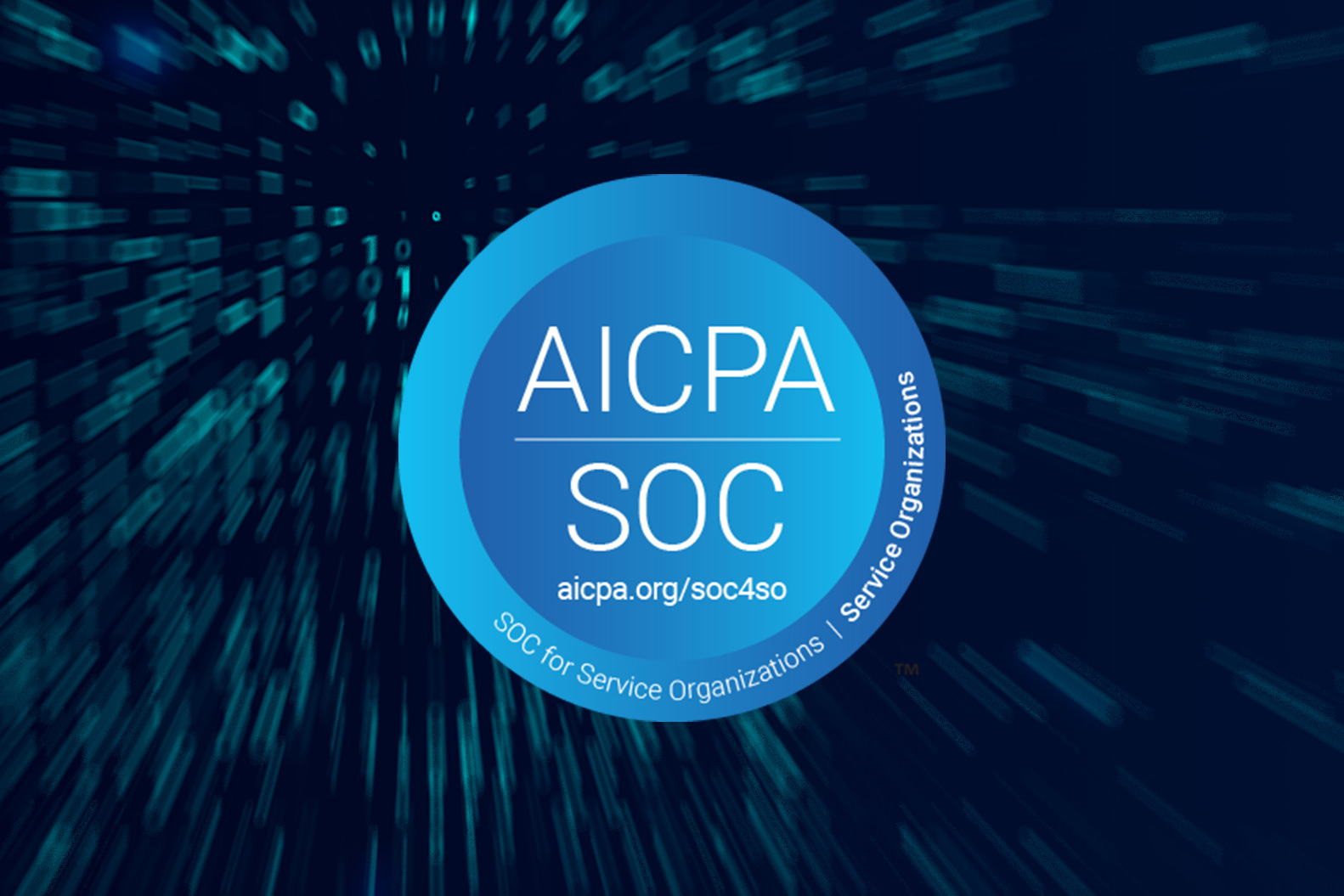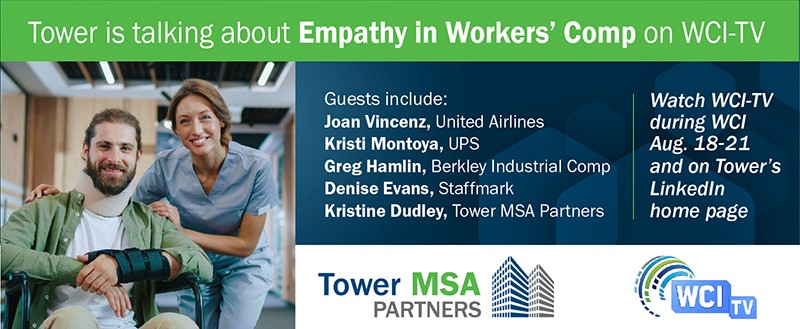Tower MSA Partners is proud to announce the successful completion of our annual SOC 2 Type II compliance examination, performed by independent service auditor Insight Assurance. This milestone underscores our unwavering commitment to maintaining and enhancing the highest standards of data security and integrity, essential in today’s fast-evolving digital landscape.
Understanding SOC 2 Type II: A Comprehensive Audit of Non-Financial Reporting Controls
A SOC 2 Type II compliance examination is a rigorous assessment performed by an independent auditor to evaluate a service organization’s non-financial reporting controls over time. This involves testing the operational effectiveness of a company’s controls related to the applicable criteria for the security, availability, processing integrity, confidentiality, and/or privacy trust services categories developed by the American Institute of Certified Public Accountants (AICPA).
This year’s SOC 2 audit added the availability and processing integrity trust service categories (TSCs) to the previously examined security and confidentiality TSCs.
Rita Wilson on Tower MSA Partners’ Commitment to Security
Rita Wilson, CEO of Tower MSA Partners, said, “Achieving the SOC 2 Type II attestation is not just about meeting a regulatory standard, but about affirming our commitment to protect our client’s data with the highest standards of security and confidentiality. This audit reflects the robustness of our internal controls and processes, and it reassures our clients and partners that we are dedicated to the highest levels of trust and integrity.”
From the onset, Tower has integrated technology-driven processes with stringent security measures to ensure the privacy and security of client data. The successful completion of the SOC 2 Type II examination is a testament to our team’s hard work and dedication to excellence.











